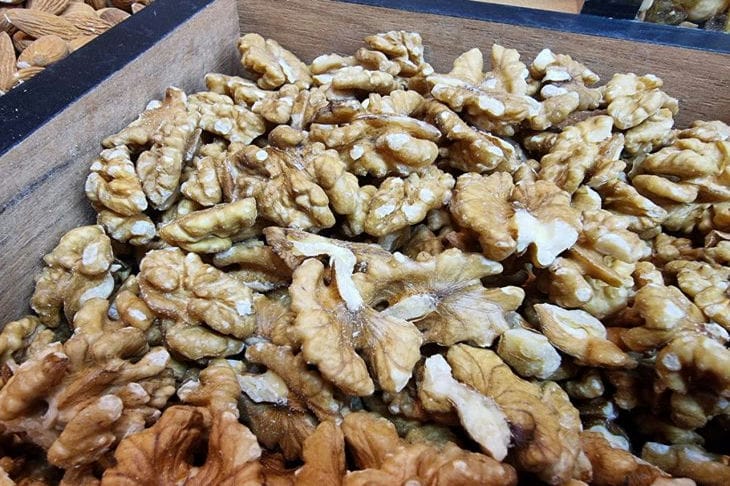The walnut tree attracts the attention of gardeners with its large fruits and strong tree.
However, many people ask the question: is it possible to plant walnut trees next to fruit trees?
This issue causes controversy and doubt, since every gardener strives to maintain the health and productivity of their plantings.
The effect of walnut on surrounding plants
Walnuts release a substance called juglone into the soil. Juglone has an allelopathic effect on many plant species, inhibiting their growth and development.
This property of walnuts can pose a threat to fruit trees growing in close proximity. Fruit trees sensitive to juglone may experience stunted growth, reduced yields, or even death.

Which fruit trees are most vulnerable?
Not all fruit trees are equally susceptible to juglone. For example, apple, pear, cherry and plum trees are considered the most vulnerable.
They may show signs of stress within a few months of being planted next to walnut trees.
The leaves of these trees begin to turn yellow, spots appear, and the trees themselves slow down their growth. It is important to take this into account when planning plantings to avoid negative consequences.
Optimal conditions for joint cultivation
Despite the allelopathic properties of walnut, there are several ways to minimize the negative impact on fruit trees.
One of the most effective methods is to maintain sufficient distance between plantings.
The walnut tree has a powerful root system that extends over considerable distances.
Fruit trees should be planted at least 15-20 meters away from walnut trees to avoid competition for nutrients and prevent the effects of juglone.
Features of caring for fruit trees near walnuts
If a walnut tree is already growing on the site and it is impossible to remove it, special attention should be paid to caring for fruit trees.
Regular mulching and watering will help maintain the health of the root system of fruit trees.
The use of organic fertilizers and compost helps strengthen plants and increases their resistance to stress.
Regular pruning is also recommended to improve air circulation and reduce the risk of disease.
Alternative planting options
For those who are not ready to risk the health of fruit trees, there are alternative planting options.
For example, instead of fruit trees, you can plant ornamental shrubs and flowers that are less sensitive to juglone next to walnut trees.
Plants such as forsythia, barberry and irises have proven themselves well. They will not only decorate the area, but also create favorable conditions for other plantings.
Previously, we listed the mistakes that 90% of gardeners make when fighting aphids.








